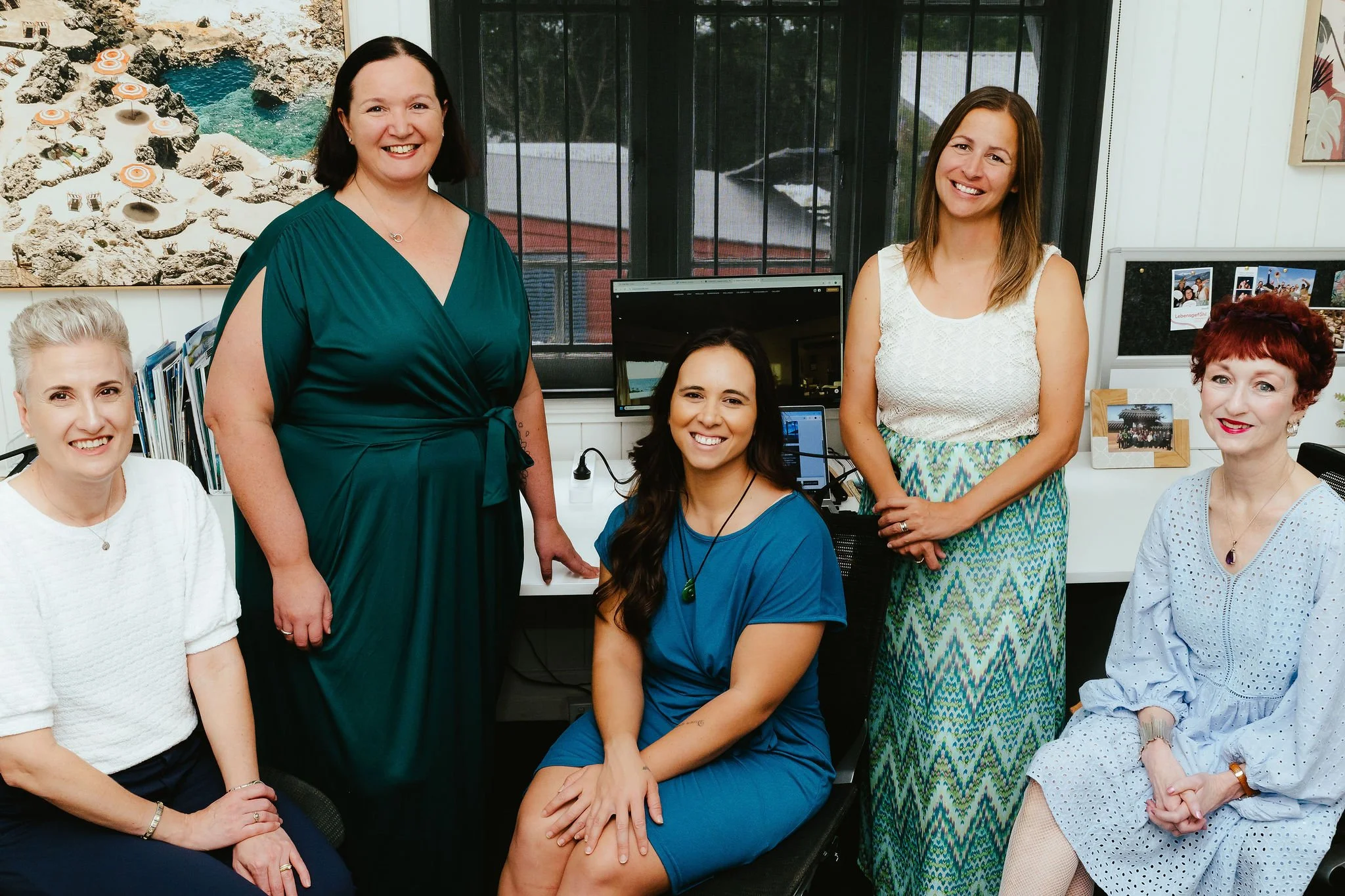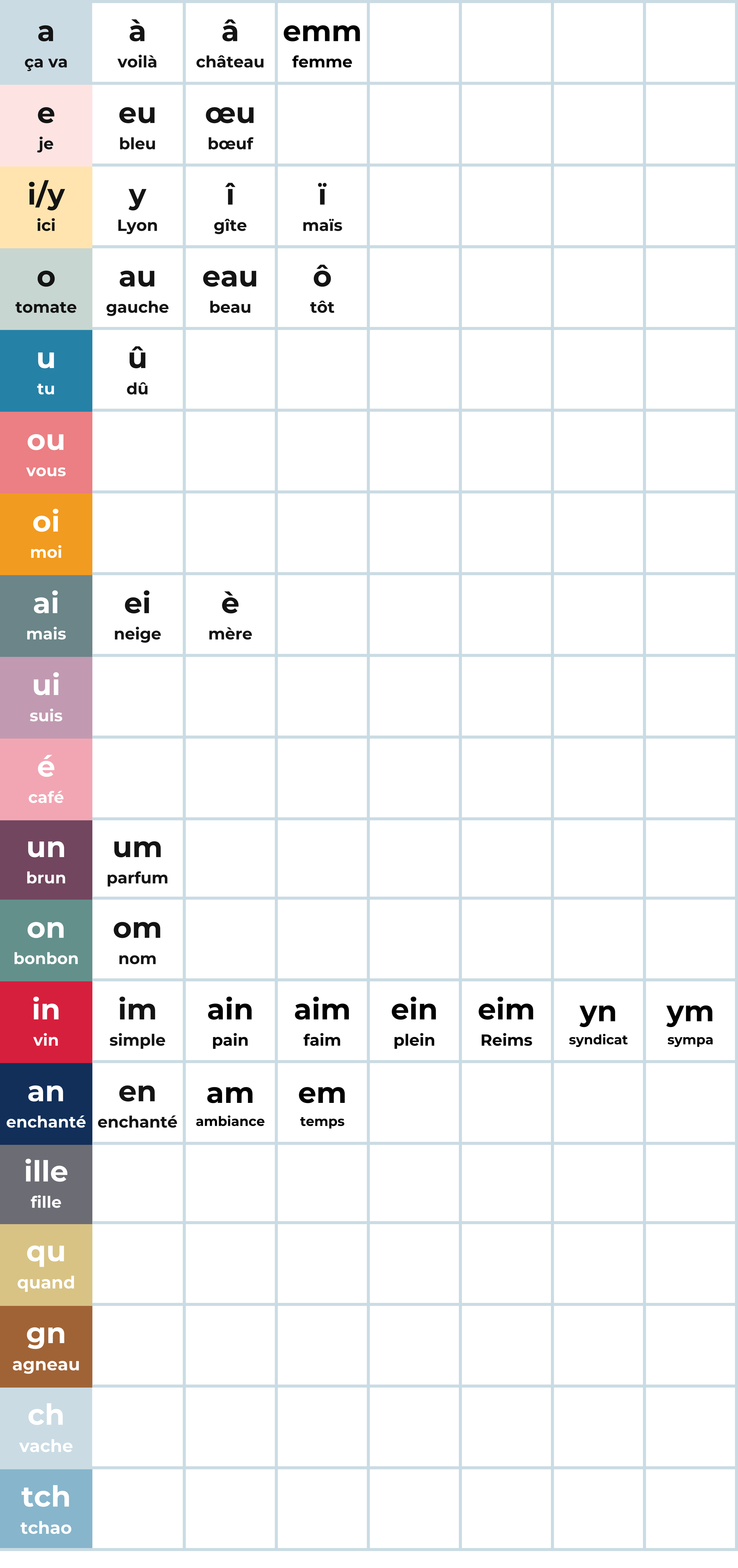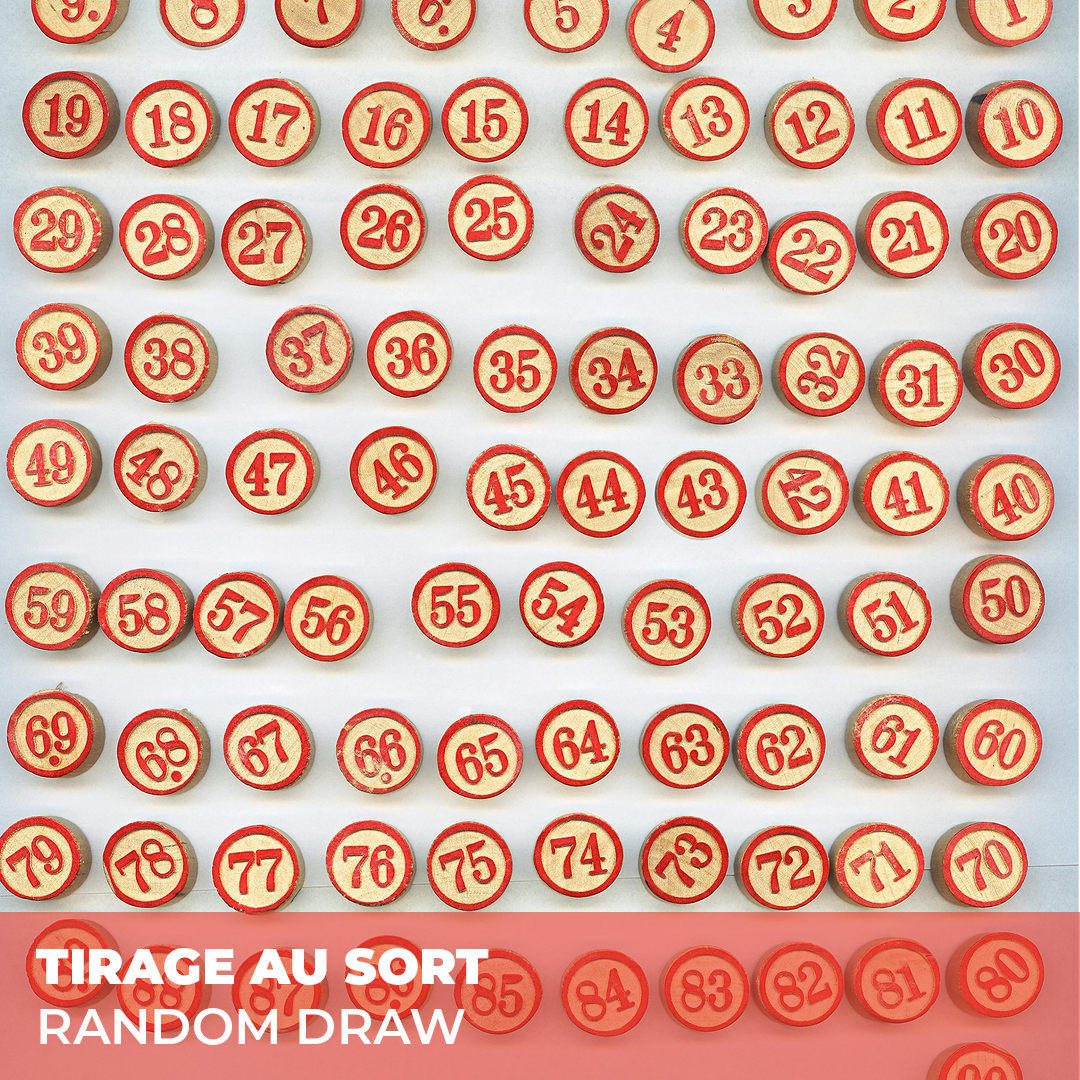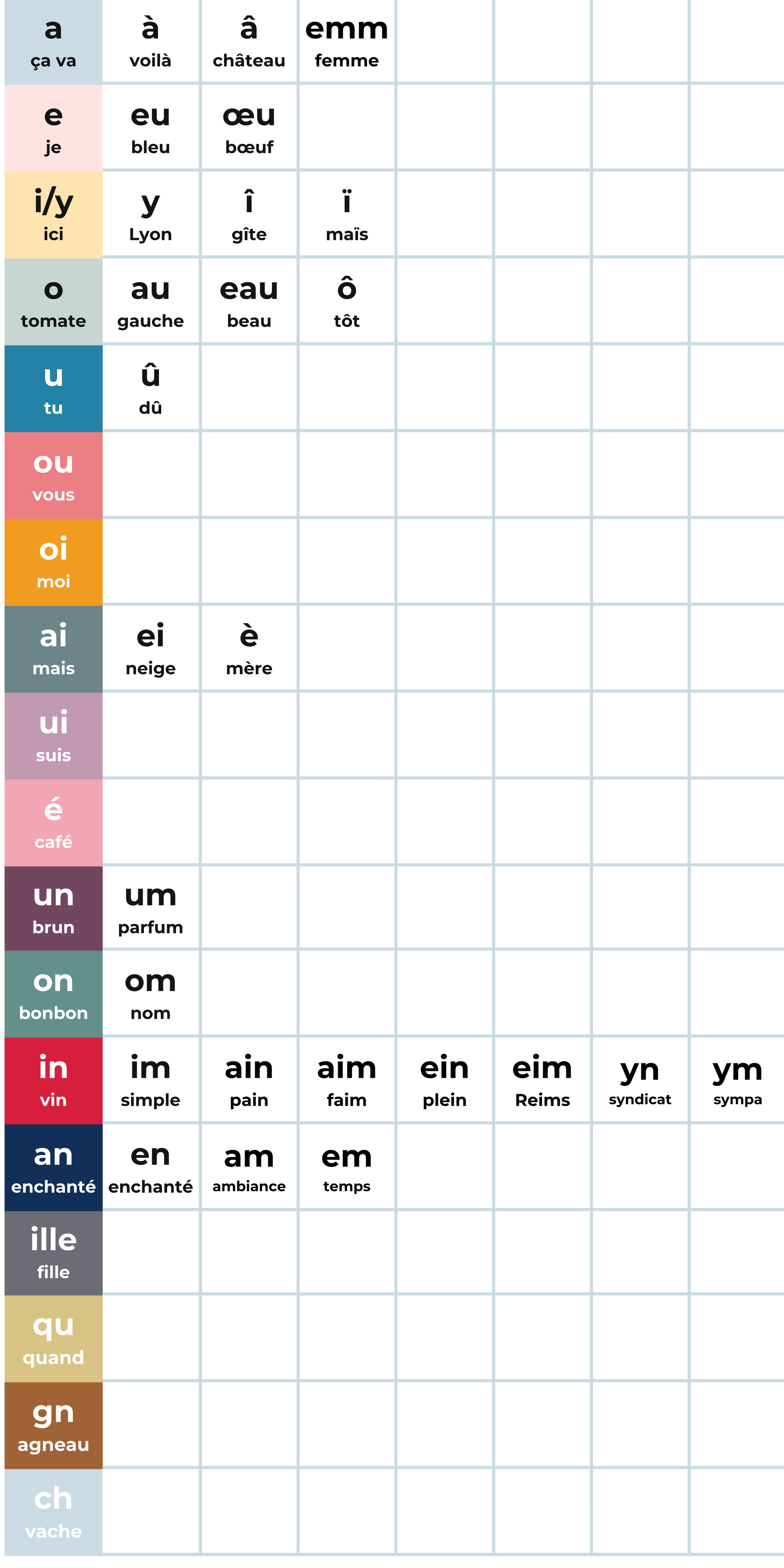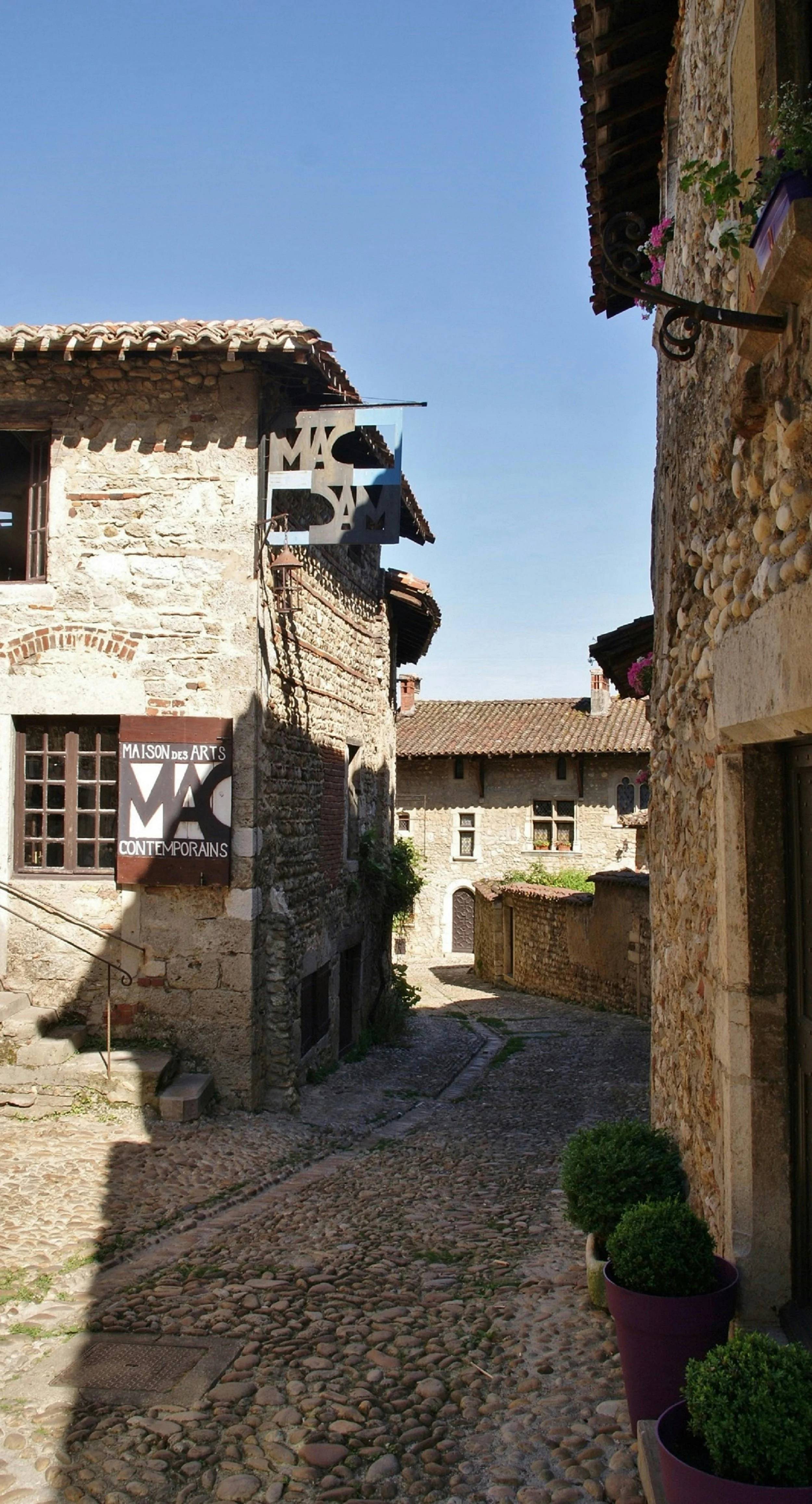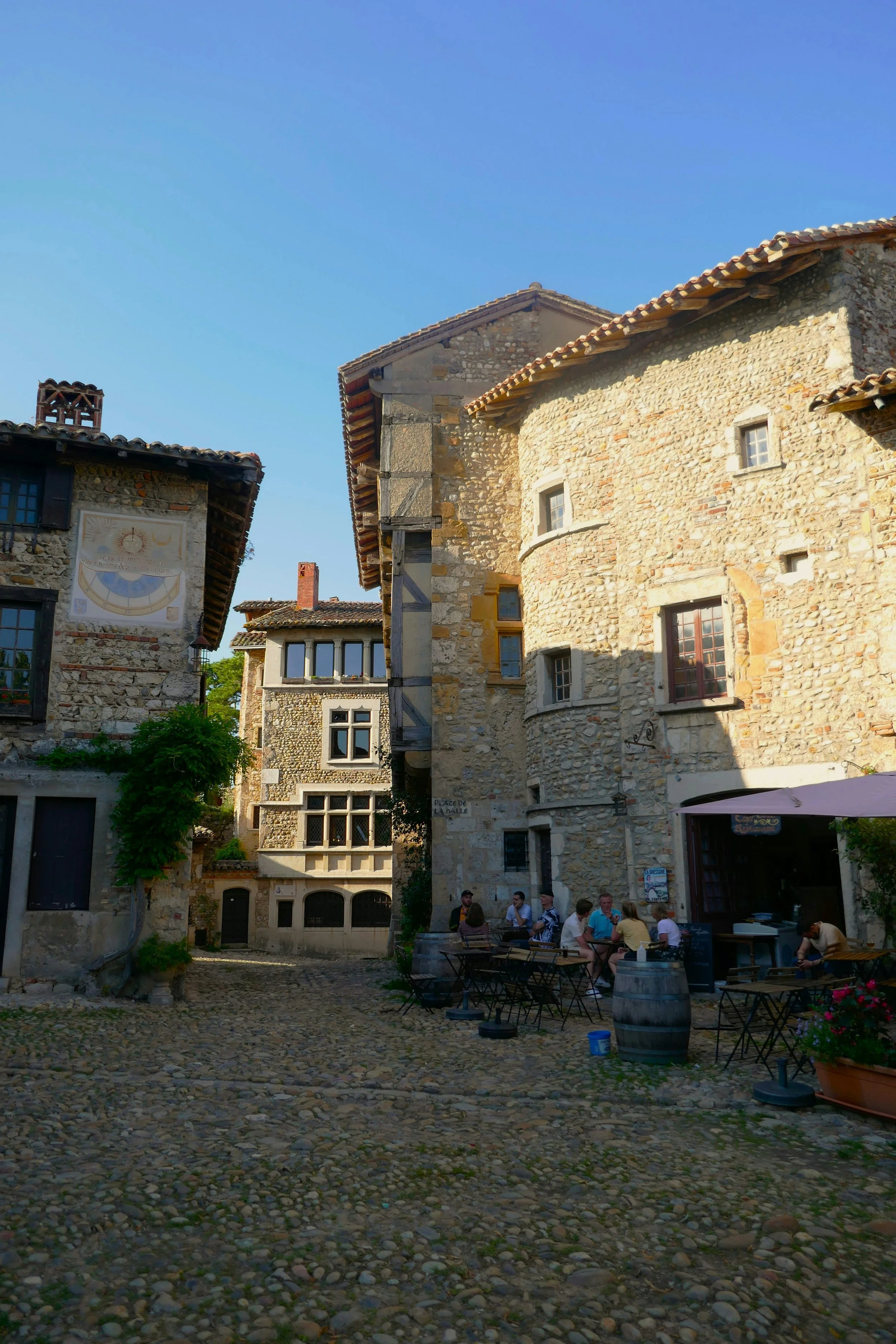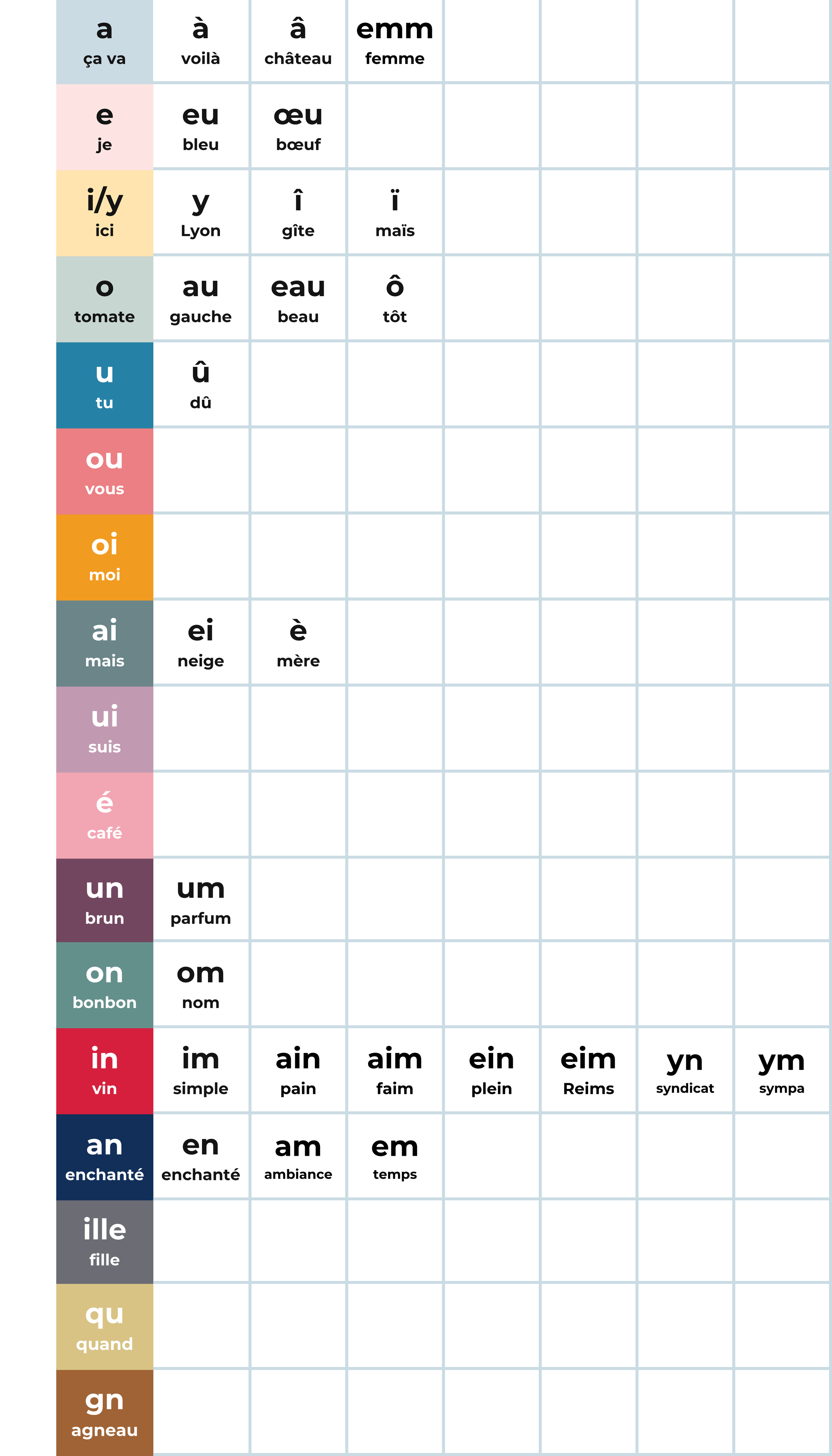Meet our travel partner, Sonia Jones
Sonia Jones
This year, we’re partnering with the fabulous Sonia from Sonia Jones Travel for our trips. So who better to tell us about hotspots and hidden gems to visit – *en France et à l'étranger?
We spent five minutes with Sonia and left with a serious case of wanderlust.
‘My must-do for a visit to Paris - zipping around the city in a vintage Citroen!’
‘Me in Japan - my Japanese is much better than my French haha.’
‘My favourite sunset anywhere in the world - Antibes!’
Why your love of travel?
My father loved to travel, and he instilled a passion for exploring in me! I took my first overseas trip when I was 2 and have never stopped! I love how travel exposes you to different cultures, food (very important!), languages, history and people.
Favourite hidden jewel in France?
I have a few! Hands down BEST gem is the Albert Khan Museum and Garden in Paris – most Parisians don't even know about it!
It’s a lovely, low-key escape from the busy centre of Paris, with beautiful gardens inspired by Japanese, English and French styles. The museum houses an extensive photo collection from Albert Kahn’s travels around the world in the late 19th and early 20th centuries and is absolutely fascinating!
I'm also a huge fan of the French Riviera in December – sunny days, perfect weather for a rosé, Christmas decorations and no crowds! Antibes is always my pick, but Old Town Nice and Cannes are also fabulous this time of year.
And maybe it isn't so hidden, but the Christmas Tree at Galleries Lafayette in Paris is an absolute must-see if you're travelling there in December!
What’s the most surprising place you've ever travelled to?
Luang Prabang in Laos – a quiet town that is a blend of religion, history and daily life. Wandering the streets and admiring its golden temples, rising early for morning alms, exploring the vibrant markets, the way the Mekong winds through the town. Beyond the town, there are incredible caves, waterfalls, bear sanctuaries and beautiful scenery. It ended up being one of my favourite spots in Southeast Asia!
Any time you've ever felt scared travelling?
Sure – it comes with the territory, particularly when travelling solo as a woman. One of the things we really focus on for our clients (and ourselves when we travel) is minimising risk, whether that’s knowing when to prearrange transfers, choosing the right neighbourhoods to stay in, sharing practical personal safety tips for higher-risk destinations, or flagging cultural sensitivities that can unintentionally increase risk, like photography etiquette, clothing choices or public displays of affection.
Is there a place you'd return to time and time again?
Italy and Japan. I have connections with both countries, and travel to both regularly, yet every time I experience something different – a region, a town, a neighbourhood. I love getting under the skin of a destination, and when you speak a bit of the language somewhere, it opens doors and allows you to live more locally.
The most romantic thing to do in France is…
Head to Trocadéro to watch the sparkle of the Eiffel Tower on the hour each evening. It might be an obvious one, but it really is something special.
Beyond Paris, I love Provence for a romantic escape. Beautiful accommodation, incredible food and wine, wandering hilltop villages and markets, sweeping views, and sipping French rosé all day.
The travel accessory you couldn't live without?
Noise-cancelling headphones and an eye mask. I can sleep anywhere with them!
Best place to buy luggage?
July Luggage is gorgeous, lightweight, great quality and easy-to-spot colours. Antler is also fantastic and durable. Whatever you do, don't buy a black Samsonite and expect to spot it easily on the carousel!
Packing cubes – yes or no?
Yes! Always! Every size, shape and colour!
Do you have a favourite travel memoir or book?
I actually love fiction based around travel. Two recent favourites that happen to be set in France are The Forgotten Bookshop in Paris by Daisy Wood and The Mysterious Bakery on Rue de Paris by Evie Woods.
What souvenir do you always bring back from France?
You mean other than the extra kilos I somehow acquire from eating my weight in macarons, cheese and bread?
I love jewellery and scarves. France is perfect for a pair of earrings or a beautiful scarf – chic, timeless, and easy to pack. I’ve also brought home gorgeous drawings and prints, and lavender products from Provence.
*in France and overseas
SJT Team
About SJT
Sonia Jones Travel is an award-winning, boutique travel agency specialising in tailored travel experiences. Based in Bardon, Brisbane, the team of five takes a hands-on, detail-focused approach to travel planning. They arrange itineraries across Australia and the globe, from family getaways and cruises to bucket-list adventures, independent rail journeys, guided tours, and slower, immersive travel.





